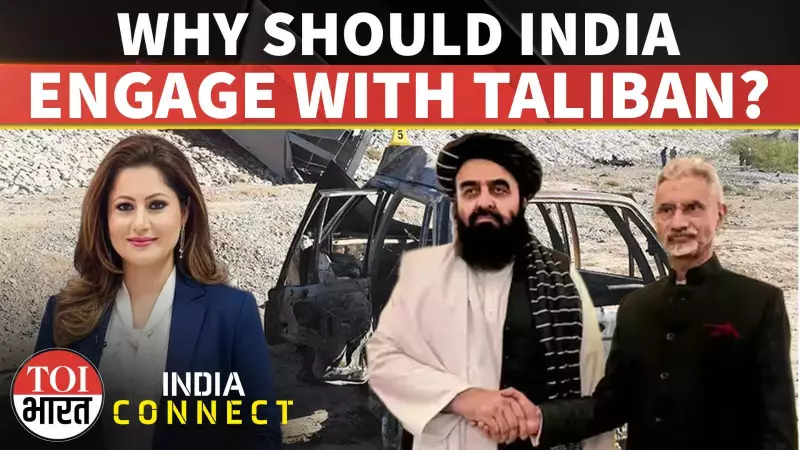
As Pakistan and Afghanistan announce a significant truce, a crucial question emerges for Indian foreign policy makers: Should India reconsider its stance on engaging with the Taliban regime in Kabul?
A former Indian diplomat with extensive experience in the region provides exclusive insights into this complex geopolitical puzzle. The expert explains that the recent Pakistan-Afghanistan agreement creates new regional dynamics that India cannot afford to ignore.
The Changing Regional Landscape
The diplomatic landscape in South Asia is undergoing a significant transformation. With Pakistan and Afghanistan reaching a truce, the traditional power equations are shifting. This development forces India to reevaluate its strategic options in the region.
The former diplomat emphasizes that India faces a delicate balancing act. On one hand, there are legitimate security concerns about engaging with the Taliban. On the other, staying completely aloof might mean ceding strategic space to other regional players.
India's Historical Connect and Current Dilemma
India has historical ties with Afghanistan that span decades, including significant development projects and infrastructure investments. The expert explains how this historical connection creates both opportunities and challenges in the current scenario.
The diplomatic veteran notes that India's previous investments in Afghanistan, such as the parliament building and various infrastructure projects, have created goodwill among ordinary Afghans. However, the Taliban's ideology and past record remain major concerns for New Delhi.
Strategic Considerations for Indian Diplomacy
The analysis delves into several critical factors that India must consider:
- Security implications for Indian interests in the region
- Impact on India-Pakistan dynamics
- Opportunities for humanitarian engagement
- Long-term strategic interests in Central Asia
- Balancing relations with other global powers
The former diplomat suggests that while direct engagement might be premature, India needs to develop a nuanced approach that protects its interests while keeping communication channels open.
The Way Forward for Indian Foreign Policy
According to the expert, India should consider a phased approach that begins with humanitarian assistance and carefully calibrated diplomatic contacts. This would allow India to test the waters while maintaining its core principles.
The changing regional scenario demands that India remains flexible and responsive to new developments. The former diplomat concludes that complete isolation of the Taliban regime may not serve India's long-term interests in the region.





